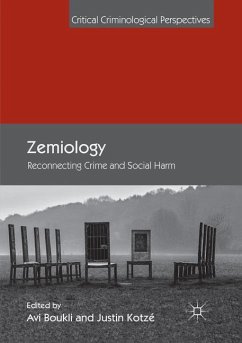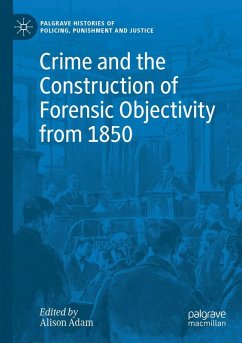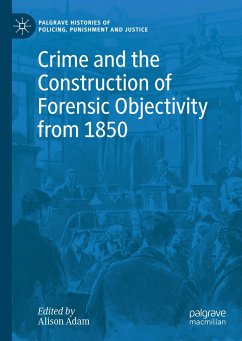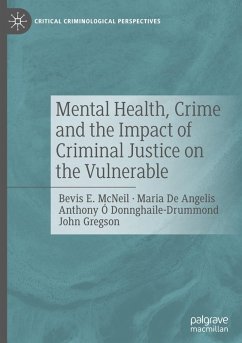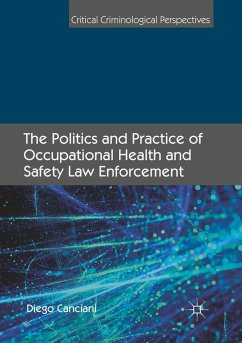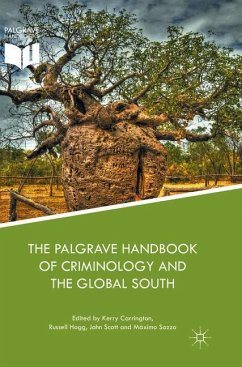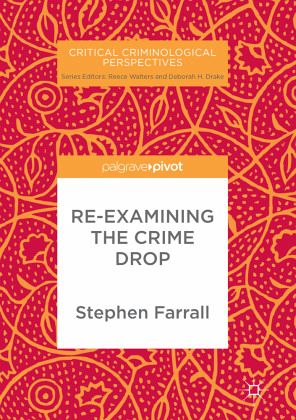
Re-Examining The Crime Drop
Versandkostenfrei!
Versandfertig in 6-10 Tagen
42,99 €
inkl. MwSt.
Weitere Ausgaben:

PAYBACK Punkte
21 °P sammeln!
The crime drop is one of the most important puzzles in contemporary criminology: since the early-1990s many countries appear to exhibit a pronounced decline in crime rates. While there have been many studies on the topic, this book argues that the current crime drop literature relies too heavily on a single methodological approach, and in turn, provides a new method for examining the falling rates of crime, based on ideas from political science and comparative historical social science. Farrall's original new research forwards an understanding of trends in crime and responses to them by questi...
The crime drop is one of the most important puzzles in contemporary criminology: since the early-1990s many countries appear to exhibit a pronounced decline in crime rates. While there have been many studies on the topic, this book argues that the current crime drop literature relies too heavily on a single methodological approach, and in turn, provides a new method for examining the falling rates of crime, based on ideas from political science and comparative historical social science. Farrall's original new research forwards an understanding of trends in crime and responses to them by questioning the received theoretical assumptions. The book therefore encourages a 'deepening' in the nature of the sorts of studies which have been undertaken so far. Firmly grounded in Political Science, this innovative study is a must read for scholars of Critical Criminology, Criminological Theory, and Politics.



